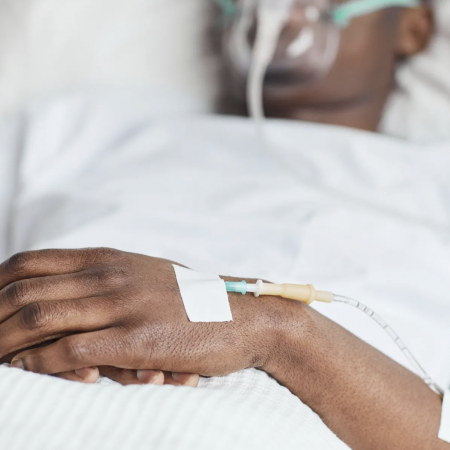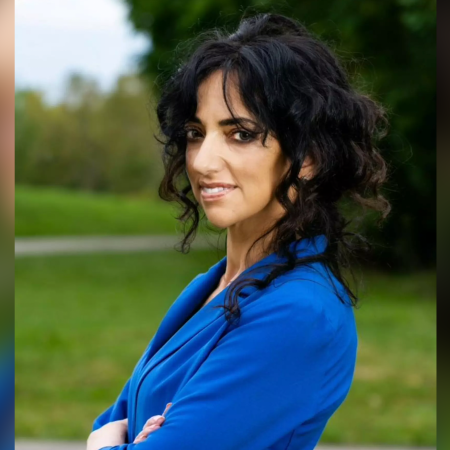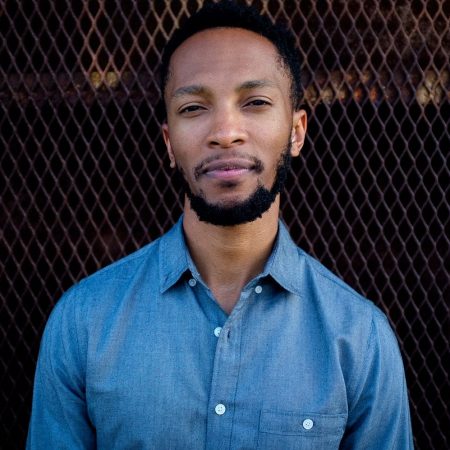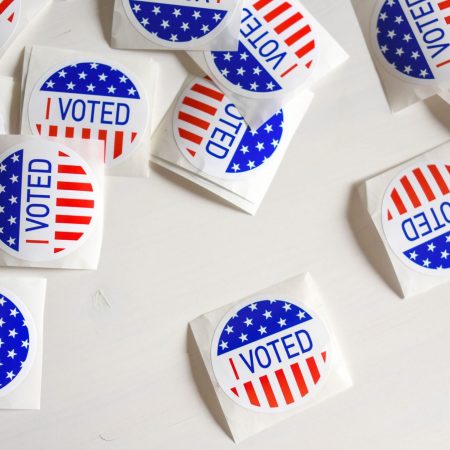New research underscores importance of equitable health care beyond the hospital
A recent University of Michigan study has found that Black Americans experiencing stroke symptoms arrive at hospitals nearly 30 minutes later than their white counterparts.
This delay significantly impacts their access to timely, life-saving stroke treatments, which are only effective within a short time frame after symptoms appear.
Emergency medical services (EMS) were also less likely to notify hospitals of these patients’ conditions ahead of time, further contributing to delays in care, according to the study. These disparities were most prominent in counties with higher poverty rates, lower educational attainment, and limited access to transportation.
Regina Royan, an assistant professor of emergency medicine at U-M and one of the study’s lead researchers, said that equitable health care should extend beyond the hospital setting.
“What we’re trying to draw attention to is that we need to be thinking about before the patient even arrives at the hospital,” Royan said. “We need to make sure that from the minute they call 911 or even earlier, from the minute symptoms start, that stroke care is equitable.”
Royan said the therapies available for stroke are highly effective — but only for a limited time after symptoms begin, making quick arrival at the hospital crucial for positive outcomes.
“There has been significant effort to make health care equitable inside hospitals, but it’s time to bring those efforts outside the hospital as well.”
– Regina Royan, assistant professor of emergency medicine, University of Michigan
The study highlights the need for greater public education around recognizing stroke symptoms — such as facial drooping, difficulty speaking and weakness in one side of the body — and the importance of calling 911 immediately. Royan also called for increased attention and resources to improve pre-hospital stroke care in underserved communities.
“There has been significant effort to make health care equitable inside hospitals, but it’s time to bring those efforts outside the hospital as well,” Royan said.
The research underscores the importance of addressing disparities in pre-hospital stroke care to ensure that all patients, regardless of race or socioeconomic status, have equal access to timely, effective treatment.
Use the media player above to hear the full interview with Royan.
Support Detroit Public Radio.
WDET is celebrating 75 years of people powered radio during our 2024 Fall Fundraiser, now through Sept. 22. Become a member and invest in WDET’s next chapter of news, music and conversation.
The post New research underscores importance of equitable health care beyond the hospital appeared first on WDET 101.9 FM.





